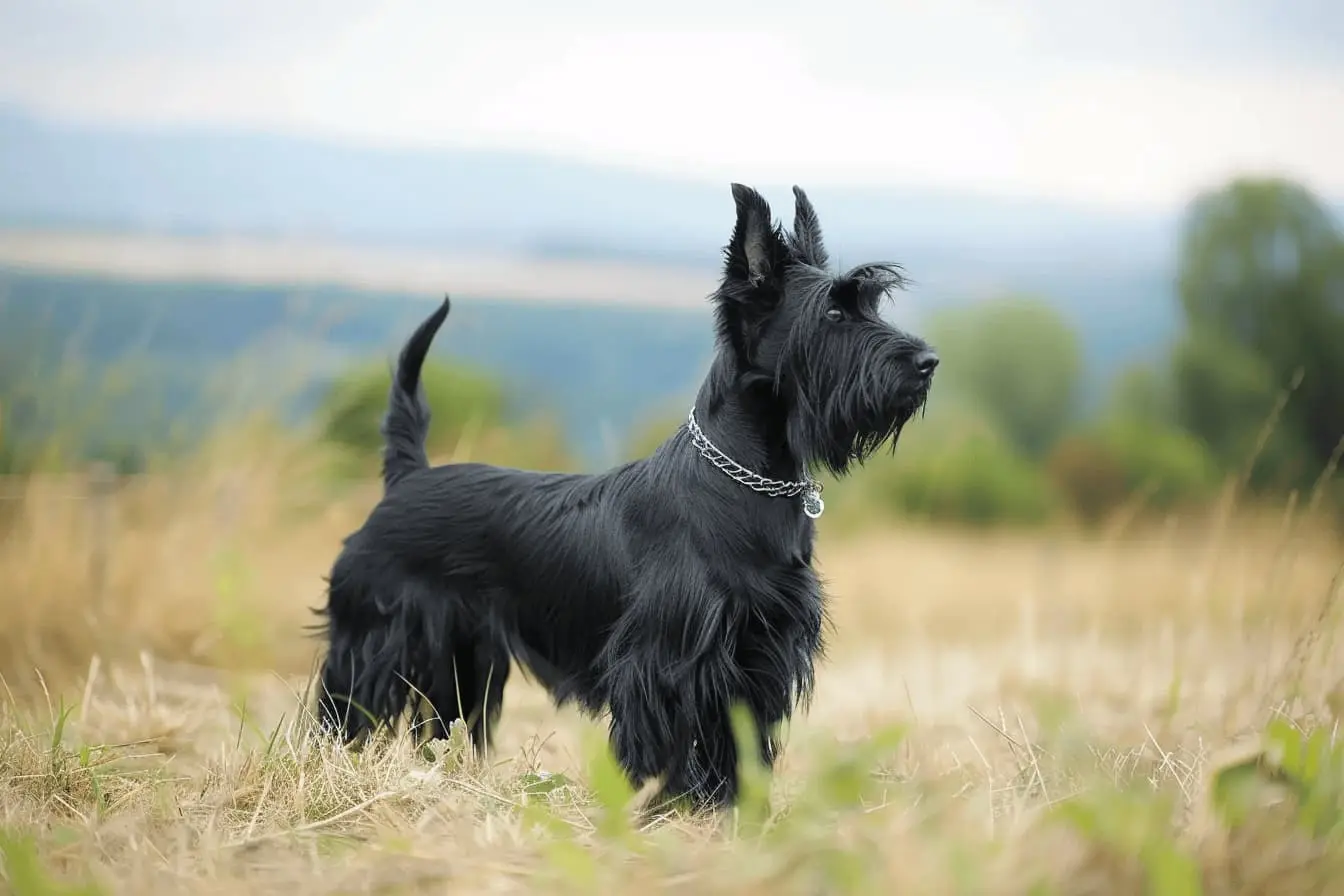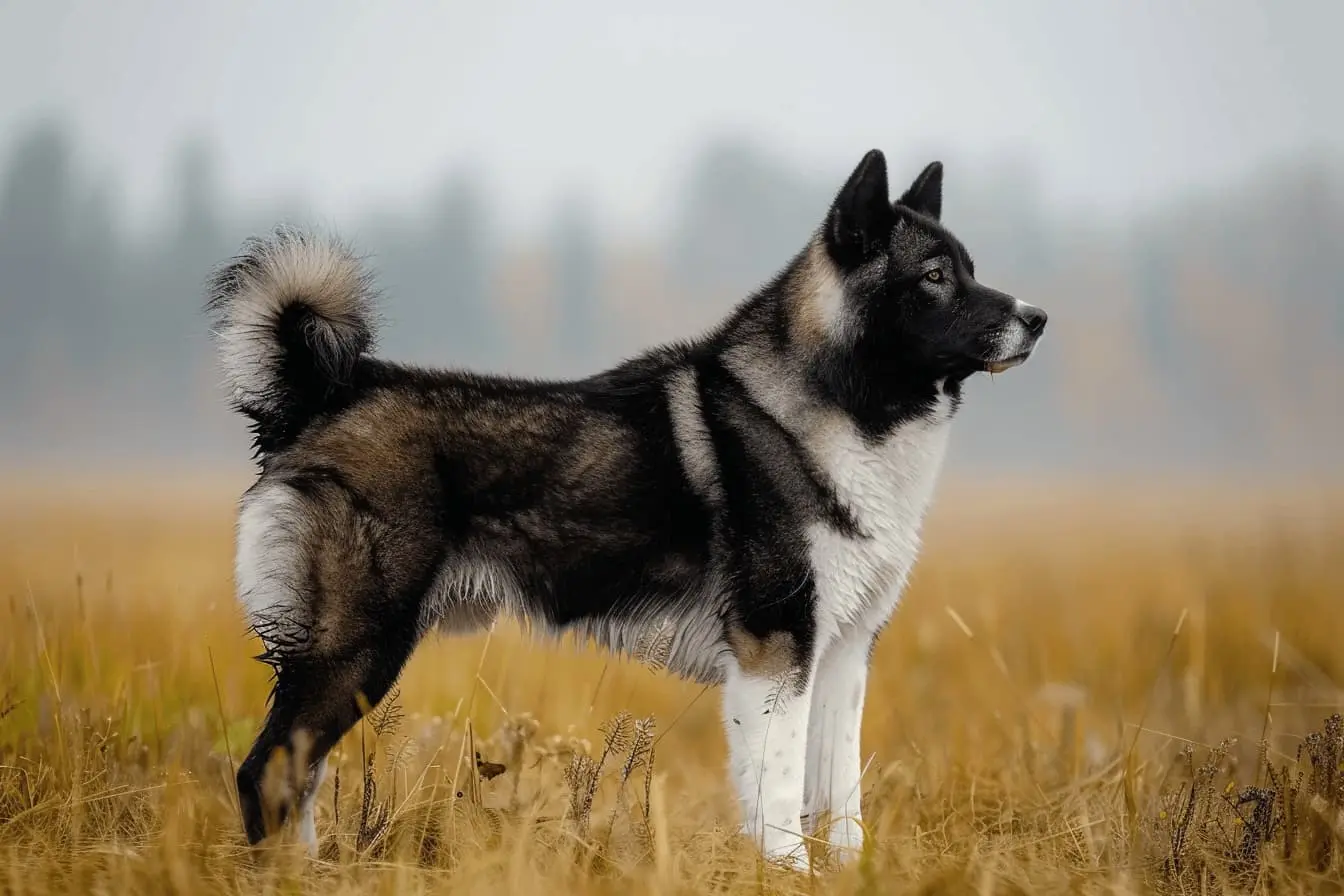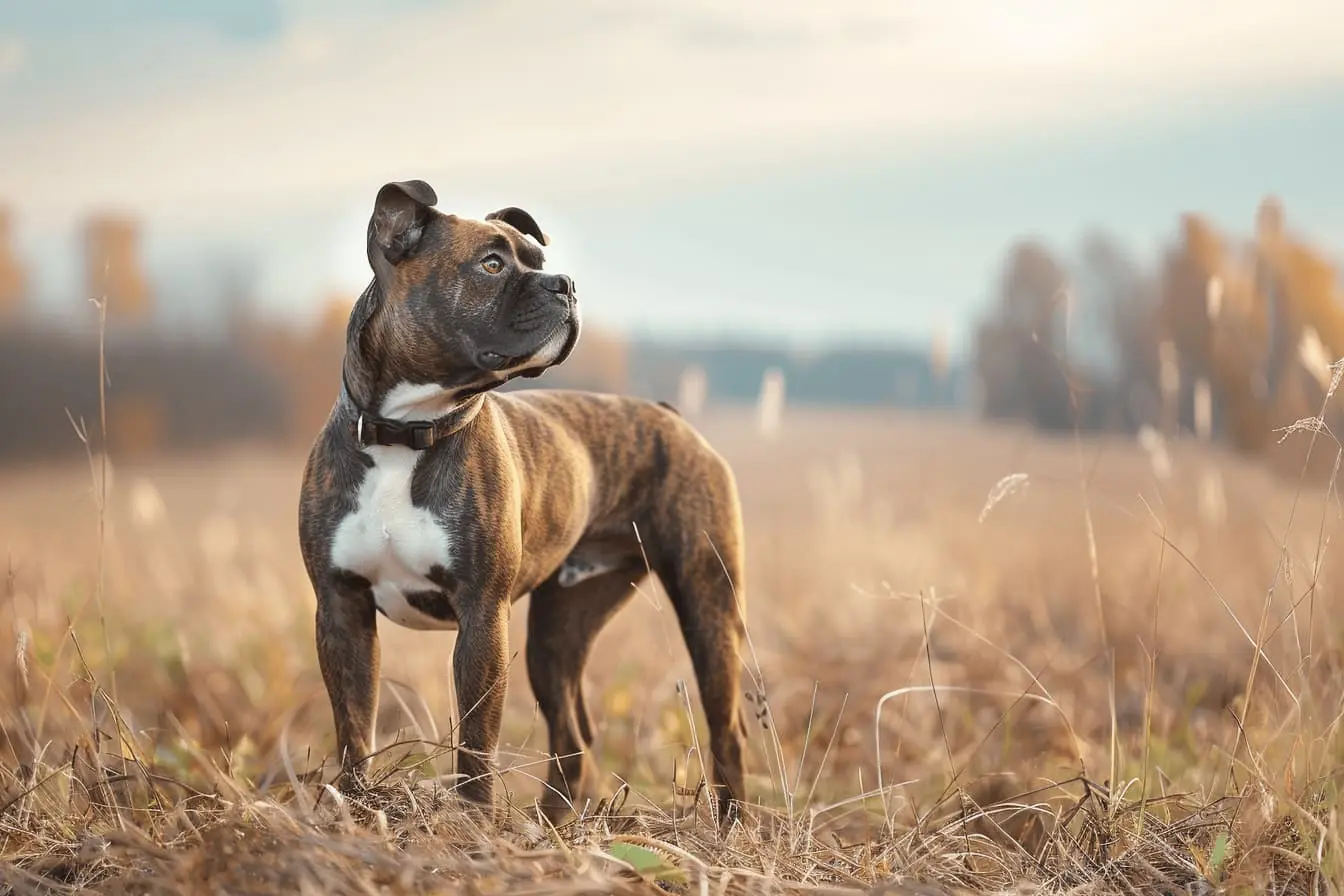
The Scottish Terrier: A Dignified Companion with a Bold Spirit
The Scottish Terrier, affectionately known as the "Scottie," is a breed that embodies a unique blend of dignity, independence, and rugged charm. With its distinctive silhouette, dense wiry coat, and bold personality, the Scottie has captured the hearts of dog lovers worldwide, including notable figures throughout history. If you're considering adding a Scottish Terrier to your family, understanding the breed's specific needs, characteristics, and temperament is crucial. This comprehensive guide will provide you with all the necessary information to make an informed decision about bringing a Scottie into your life.
Breed Overview
Originating from Scotland, where they were bred to hunt vermin on farms and to hunt badgers and foxes in the Highlands, Scottish Terriers are small, sturdy dogs with a confident and spirited disposition. They are part of the terrier group and are known for their distinctive appearance and strong-willed nature.
Physical Characteristics
- Size: Scottish Terriers are small but solidly built dogs, typically standing about 10 inches at the shoulder and weighing between 8 to 10 kg.
- Coat and Colour: They have a hard, wiry outer coat and a soft, dense undercoat. Scotties come in several colours, including black, wheaten, and brindle.
- Lifespan: The average lifespan of a Scottish Terrier is around 12 years, but many live longer with proper care.
Personality and Temperament
Scottish Terriers are known for their bold, confident personality and their dignified, somewhat reserved nature. They are fiercely loyal to their families and can be quite affectionate with those they bond with. Despite their small size, Scotties have a large presence and are not afraid to stand their ground.
They are intelligent and independent, which can sometimes translate to stubbornness, especially during training. Early socialisation and training are important to help them develop into well-mannered adults.
Exercise and Training
Scottish Terriers have moderate exercise needs. Daily walks and play sessions are sufficient to keep them happy and healthy. They enjoy activities that stimulate their mind and body, making them good candidates for agility, obedience, and earthdog trials.
Training a Scottish Terrier requires patience, consistency, and a firm but gentle hand. They respond best to positive reinforcement techniques. Due to their strong prey drive, it's important to keep them on a lead or in a securely fenced area when outdoors.
Health and Care
Scottish Terriers are generally healthy, but they can be prone to certain genetic conditions, including Scottie Cramp (a movement disorder), von Willebrand's disease (a bleeding disorder), and certain types of cancer. Regular veterinary check-ups and a balanced diet are important for their health.
Their wiry coat requires regular grooming to prevent matting and to maintain its distinctive appearance. This includes brushing a few times a week and professional grooming every few months.
Living with a Scottish Terrier
Scottish Terriers are adaptable and can thrive in various living environments, from flats to homes with gardens. They are indoor dogs who enjoy being part of the family's daily activities and should not be left outside alone for extended periods.
Their independent nature makes them less likely to engage in indiscriminate barking, but they will alert their family to anything unusual. They can be reserved around strangers and may require time to warm up to new people.
Is the Scottish Terrier Right for You?
If you're looking for a small, sturdy companion with a bold personality and are prepared to meet their grooming, exercise, and training needs, the Scottish Terrier may be the perfect breed for you. They are well-suited for individuals and families who appreciate a dog with a strong character and who can provide the leadership and companionship they need.
However, if you prefer a dog with low grooming needs or a more easygoing temperament, a Scottish Terrier might not be the best match for your lifestyle.
Conclusion
The Scottish Terrier offers a unique combination of boldness, loyalty, and affection, making them a cherished companion for those who welcome them into their lives. With the right care, environment, and commitment to their needs, a Scottish Terrier can become an irreplaceable member of your family, enriching your life with their spirited presence and steadfast loyalty. Whether exploring the outdoors, participating in dog sports, or simply enjoying a quiet evening at home, a Scottie brings a touch of Scottish charm and tenacity to every moment.
Vets near you
Speciality vets
- Aquatics vet specialists
- Birds vet specialists
- Camelids vet specialists
- Cats vet specialists
- Cattle vet specialists
- Deer vet specialists
- Dogs vet specialists
- Equines vet specialists
- Exotic vet specialists
- Goats vet specialists
- Pigs vet specialists
- Poultry vet specialists
- Sheep vet specialists
- Small Mammals vet specialists
- Wild vet specialists
Vet facilities
- Accessible by public transport
- Blood testing
- Car park nearby
- Client car park
- Dentistry
- Diagnostic imaging
- Disabled public access
- Flea and worm treatments
- Microchipping
- Mobile services
- Neutering
- Open at weekends
- Out-of-hours service
- Referral interests
- Referrals only
- Street parking outside
- Toilets available
- Vaccinations



